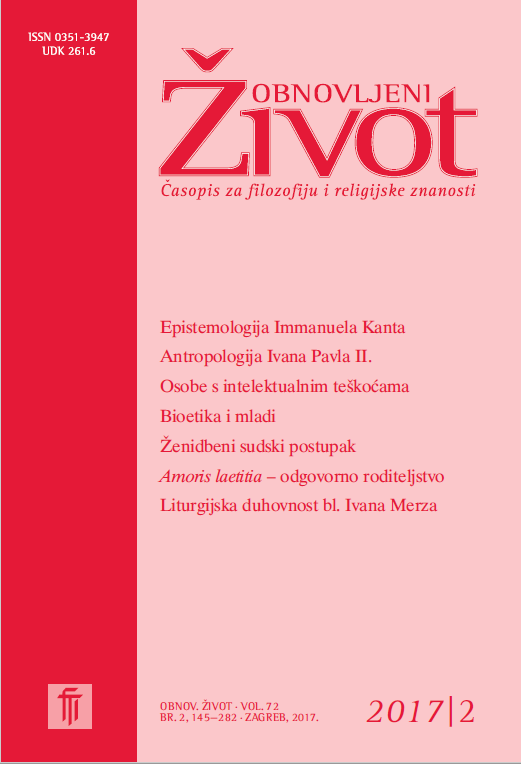A Critique of Antinomies as Justification for the Usual Interpretation of Kant’s Epistemology
Keywords:
Immanuel Kant, Critique of Pure Reason, transcendental idealism, usual interpretation of Kant’s epistemology, antinomies, rational compulsivity, justificationAbstract
The transcendental ideality of the objects of cognition is an essential part of Kant’s epistemology — at least, in its usual interpretation. In this article, the author proposes that (precisely because of the transcendental ideality thesis), the usual interpretation of Kant’s epistemology (UIKE) suffers from problems of incoherence, and plausibly so, and so is not clearly justified. In response to the suggestion that antinomies justify UIKE, the author claims that at least one antinomy should then be rationally compulsive, however, not one of them is. The author, therefore, concludes that antinomies do not justify UIKE and, that if antinomies are the only justification for UIKE, then it is not justified.
Downloads
Published
Issue
Section
License
Jednom prihvaćeni članak obvezuje autora da ga ne smije objaviti drugdje bez dozvole uredništva, a i tada samo uz bilješku da je objavljen prvi put u Obnovljenom životu. Uredništvo će obavijestiti autora o prihvaćanju ili neprihvaćanju članka za objavljivanje.
Članci objavljeni u časopisu se, uz prikladno navođenje izvora, smiju besplatno koristiti u obrazovne i druge nekomercijalne svrhe.


